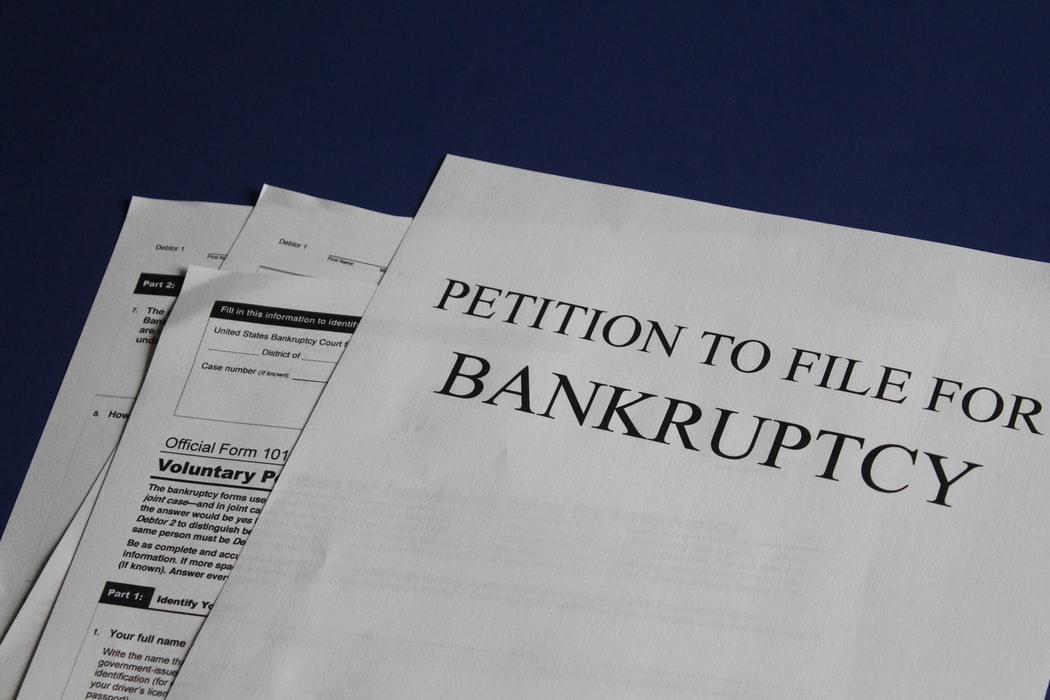Bankruptcy Removal in 90 Days or Less
No Hassle Money Back Guarantee
Good credit is important, now and in the future. In most cases, it takes seven years for accurate, negative information to be deleted from a credit report. Bankruptcy information takes even longer to be deleted—10 years.
Personal bankruptcy generally is considered the debt management option of last resort because the results are long-lasting and far-reaching. A bankruptcy stays on your credit report for 10 years, and can make it difficult to obtain credit, buy a home, get life insurance, or sometimes get a job. Still, it is a legal procedure that offers a fresh start for people who can’t satisfy their debts. People who follow the bankruptcy rules receive a discharge — a court order that says they don’t have to repay certain debts.
The consequences of bankruptcy are significant and require careful consideration. Other factors to think about: Effective October 2005, Congress made sweeping changes to the bankruptcy laws. The net effect of these changes is to give consumers more incentive to seek bankruptcy relief under Chapter 13 rather than Chapter 7. Chapter 13 allows you, if you have a steady income, to keep property, such as a mortgaged house or car, that you might otherwise lose. In Chapter 13, the court approves a repayment plan that allows you to use your future income to pay off your debts during a three-to-five-year period, rather than surrender any property. After you have made all the payments under the plan, you receive a discharge of your debts.
